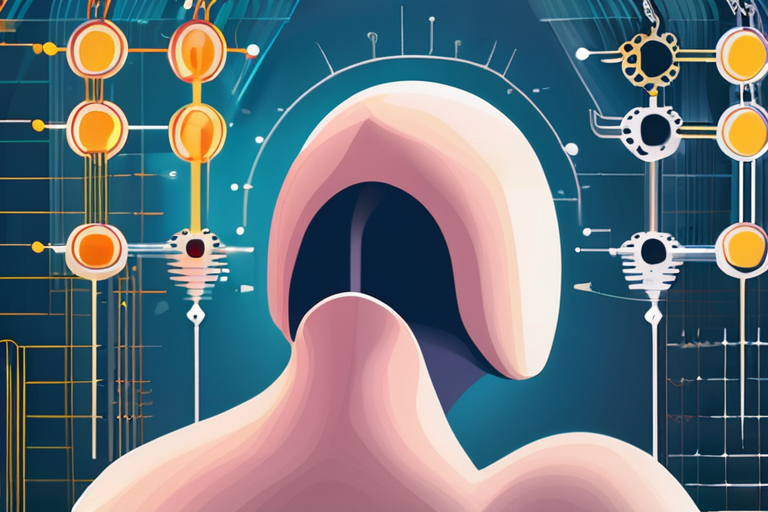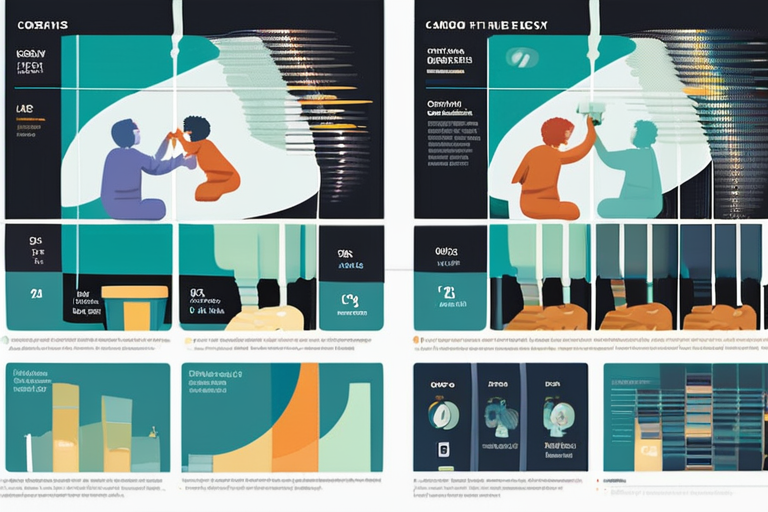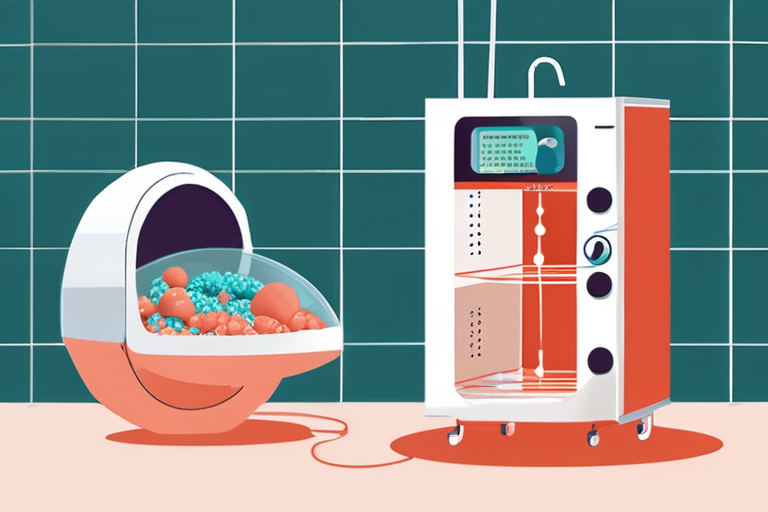The Download: Creating the Perfect Baby and Carbon Removal's Lofty Promises
In a rapidly evolving field of science, companies are emerging to provide cell analysis tests that predict an embryo's potential traits, sparking concerns about ethics and unintended consequences.
According to a recent report, these tests, which can cost tens of thousands of dollars, aim to optimize for intelligence, appearance, and personality. However, customers may not be getting what they pay for, as the technology is still in its infancy and lacks transparency.
"We're talking about predicting complex traits that are influenced by multiple genetic and environmental factors," said Dr. Rachel Kim, a leading expert in reproductive genetics. "It's like trying to predict the weather 10 years from now – it's just not possible with current technology."
The tests use advanced cell analysis techniques, such as single-cell RNA sequencing, to identify potential genetic mutations that could lead to devastating disorders. While this can be beneficial for families at risk of passing on inherited conditions, others are using these tests to "design" their ideal child.
"We've had parents come in and say they want a child who is 'smart,' 'athletic,' or 'beautiful,'" said Dr. Kim. "But what does that even mean? It's not like we can guarantee those traits."
The ethics of this emerging field are being debated by experts, with some arguing that it's a form of eugenics. "We're talking about selecting for certain characteristics based on societal norms and values," said Dr. Maria Rodriguez, a bioethicist at Harvard University. "It raises questions about what we value as a society and whether we should be using technology to create 'designer' babies."
Meanwhile, the carbon removal industry is also facing scrutiny over its lofty promises. Companies are paying top dollar for technologies that can capture and remove CO2 from the atmosphere, but critics argue that these solutions are not scalable or effective.
"The problem with carbon removal is that it's often a Band-Aid solution," said Dr. John Taylor, a climate scientist at Stanford University. "We need to focus on reducing emissions in the first place, rather than relying on technologies that can only mitigate the effects of climate change."
Despite these concerns, investment in carbon removal technologies continues to grow, with companies like Microsoft and Amazon committing millions of dollars to the cause.
As the technology continues to evolve, experts warn that we must be cautious about the unintended consequences of playing God. "We need to have a nuanced conversation about what we're trying to achieve and whether this is the right way to do it," said Dr. Kim.
Background:
The field of reproductive genetics has made significant strides in recent years, with advances in cell analysis techniques allowing for more accurate predictions of genetic traits. However, the use of these technologies for "designer" babies raises complex questions about ethics and societal values.
Additional Perspectives:
Dr. Rodriguez argues that we need to consider the broader social implications of this technology, including issues of inequality and access.
Dr. Taylor emphasizes the importance of reducing emissions in the first place, rather than relying on carbon removal technologies.
Current Status and Next Developments:
As the field continues to evolve, experts predict that we will see more companies emerging to provide cell analysis tests for predicting embryo traits. However, concerns about ethics and unintended consequences are likely to continue to dominate the debate. In the meantime, investment in carbon removal technologies is expected to continue growing, with companies like Microsoft and Amazon leading the charge.
Sources:
Dr. Rachel Kim, reproductive genetics expert
Dr. Maria Rodriguez, bioethicist at Harvard University
Dr. John Taylor, climate scientist at Stanford University
*Reporting by Technologyreview.*



 Hoppi
Hoppi

 Hoppi
Hoppi

 Hoppi
Hoppi

 Hoppi
Hoppi

 Hoppi
Hoppi

 Hoppi
Hoppi











